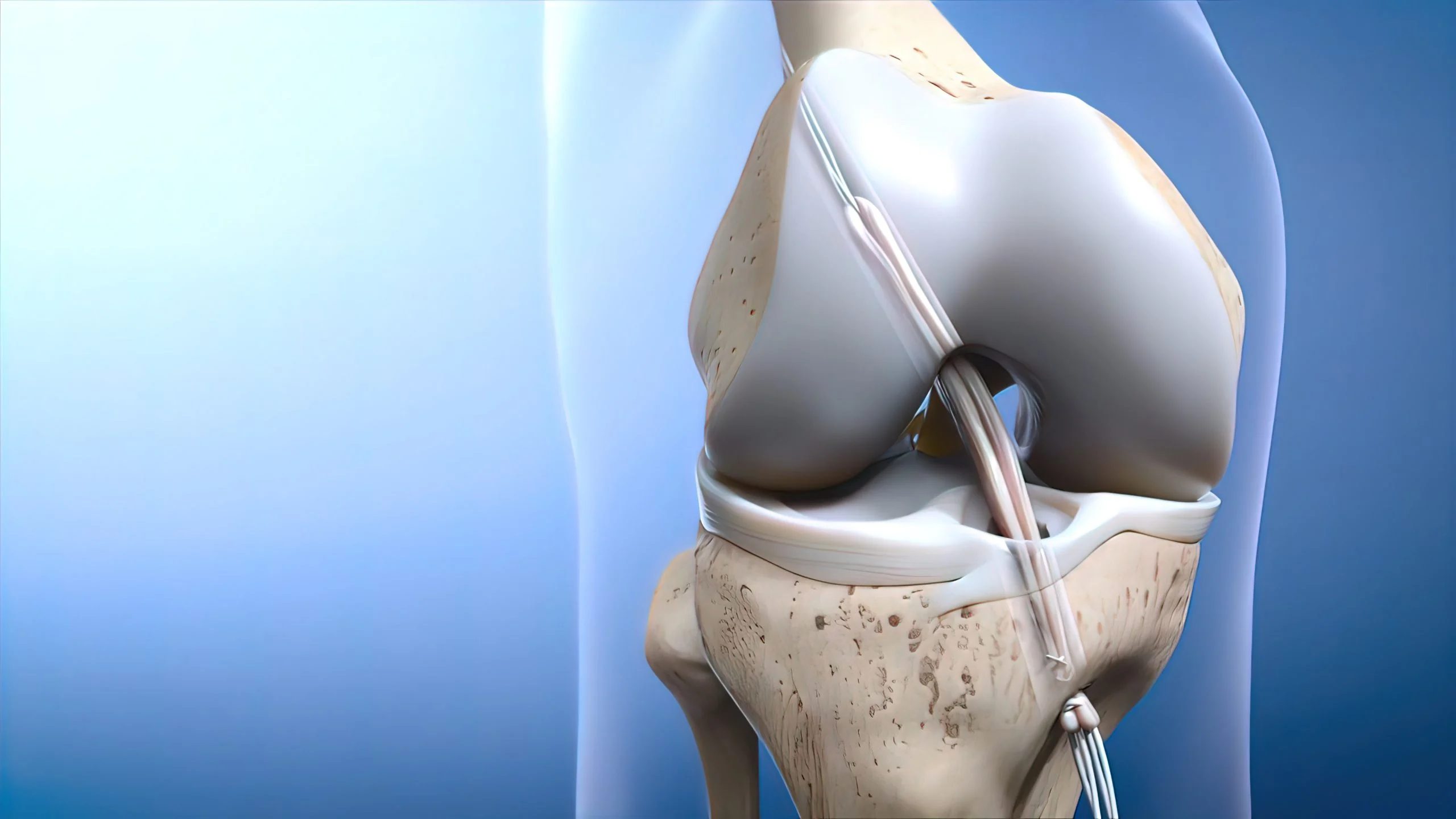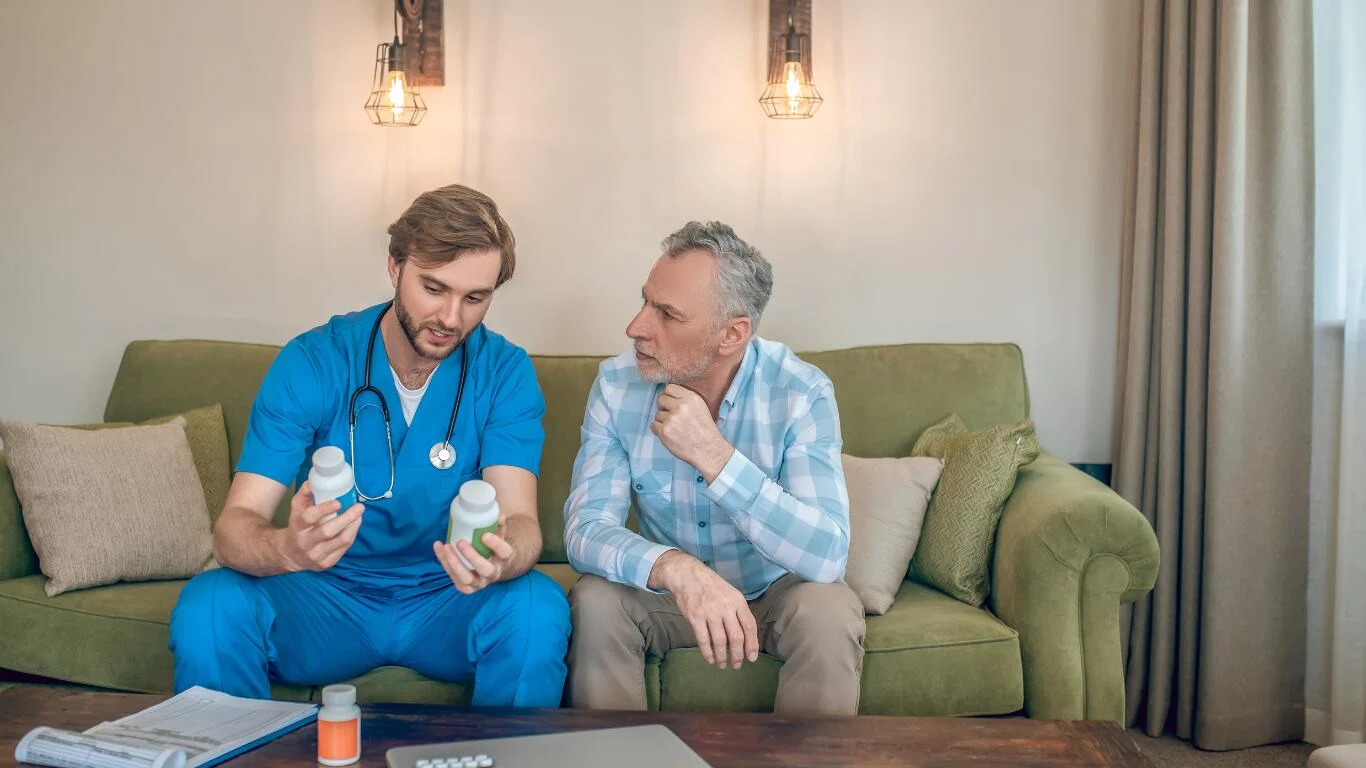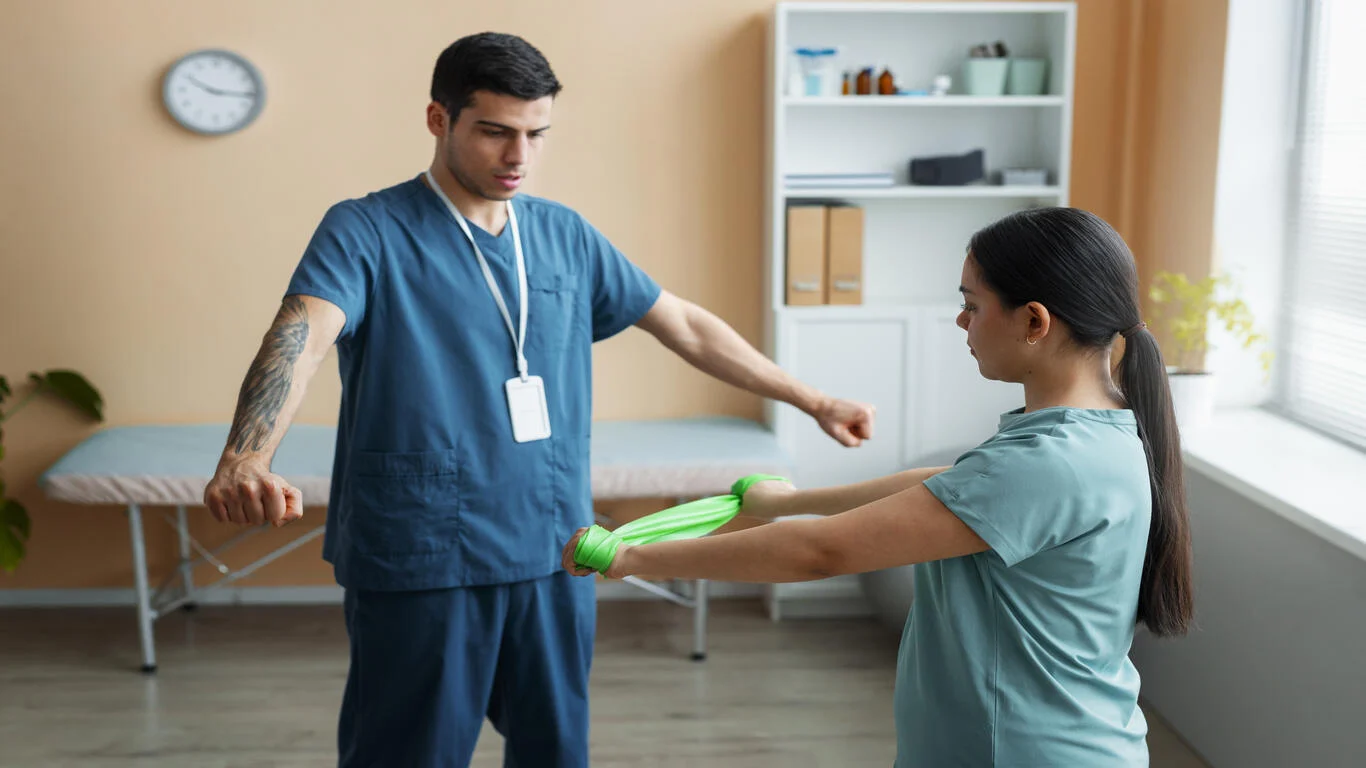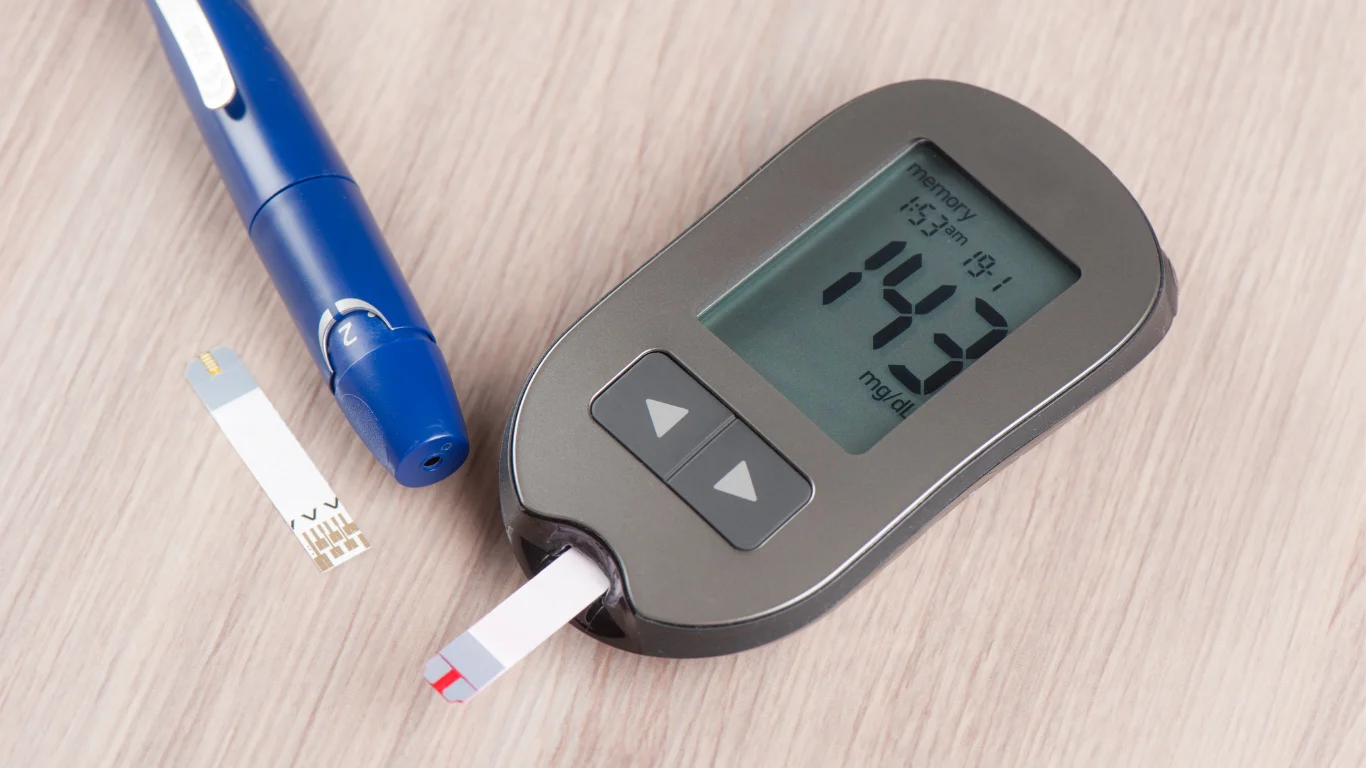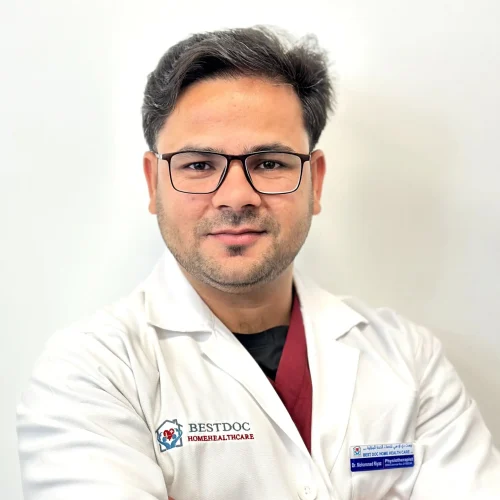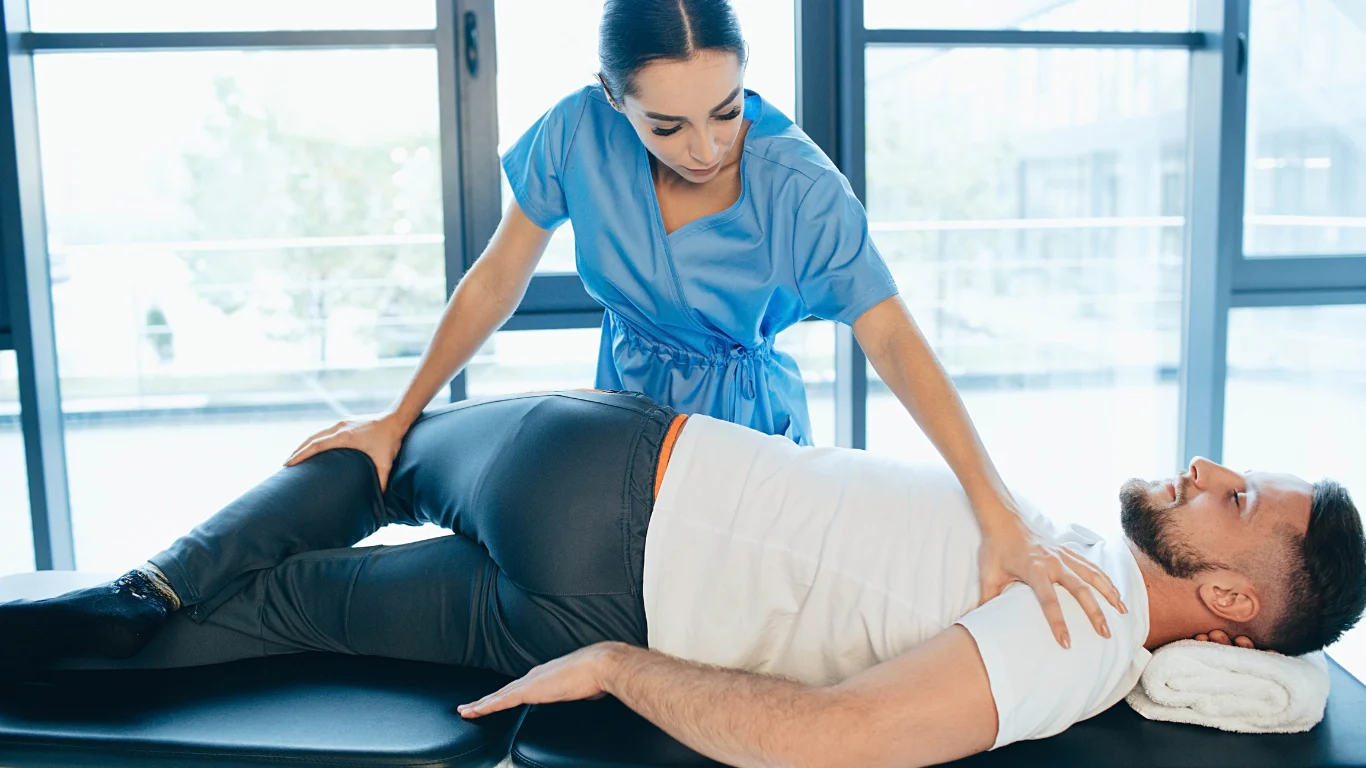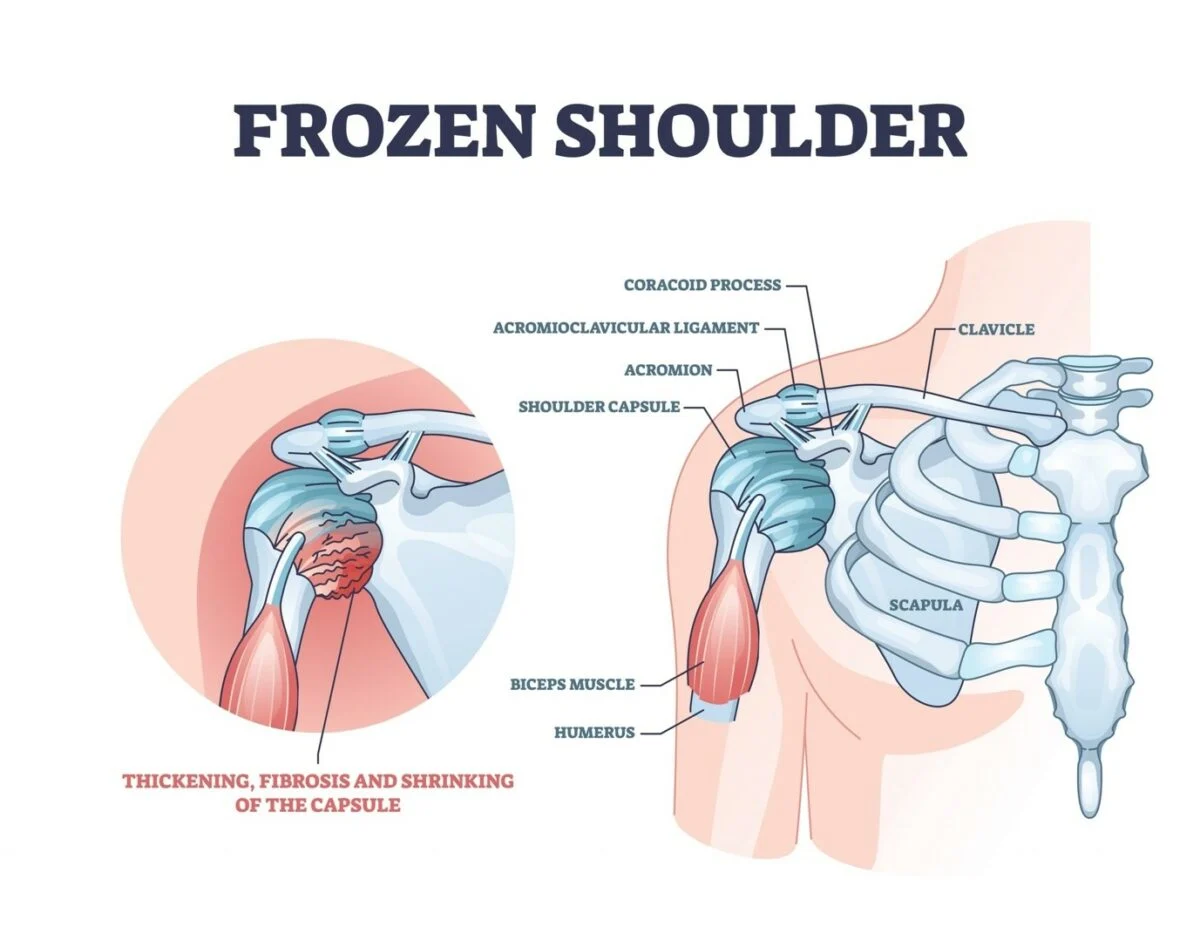Understanding ACL Injuries and Your Path to Recovery
If you’re recovering from an ACL injury, you’re likely eager to regain your strength and get back to the activities you love. The anterior cruciate ligament (ACL) plays a crucial role in keeping your knee stable, and when it’s injured or torn, the road to recovery can feel challenging. For athletes, sports enthusiasts, or anyone who leads an active lifestyle, an ACL injury can mean temporary setbacks, but with the right approach, a full recovery is possible.
After ACL reconstruction surgery, starting physiotherapy at the right time can make a world of difference. Physiotherapy helps reduce pain, control swelling, and restore movement, setting the stage for a safe return to your routine. In this blog, we’ll explore the ideal timeline for starting physiotherapy, with each recovery phase designed to help you gradually regain strength and stability. Whether your goal is to return to sports or just get back to daily activities comfortably, these guidelines can help you plan a safe, effective recovery.
Immediate Post-Surgery Period – Setting the Foundation for Recovery
Physiotherapy typically begins shortly after ACL surgery—often within the first few days. Although it might seem early, this initial stage of rehab is crucial for laying a strong foundation. Early physiotherapy sessions focus on managing pain and swelling, two common challenges post-surgery. Your physiotherapist will guide you in gentle exercises to help restore some range of motion without stressing the knee.
The primary goal during this period is to protect the surgical repair while helping you regain basic mobility. Rest assured that these initial exercises are designed to be gentle, allowing you to start moving safely. With your physiotherapist’s guidance, you’ll learn techniques to control swelling and ease discomfort, preparing you for more active phases of recovery.
The First Week Post-Surgery – Gentle Movements and Adjusting to Mobility Aids
In the first week after ACL surgery, you’ll start getting familiar with using crutches and, in some cases, a knee brace. These tools are essential for keeping weight off your knee and protecting the surgical repair as it begins to heal. Your physiotherapist will guide you through safe ways to move and adjust to these supports, ensuring that your knee remains stable and secure.
During this phase, gentle range of motion exercises will be introduced to help keep your knee flexible. These exercises are designed to prevent stiffness without putting pressure on the repaired ligament. You may also begin light weight-bearing exercises, as long as your knee tolerates them, which will further support your mobility and circulation.
This period is all about regaining a little freedom of movement while focusing on healing. With each gentle exercise, you’re taking small but significant steps toward strengthening your knee and preparing for the next stages of rehabilitation.
Weeks 2-6 Post-Surgery – Building Mobility and Basic Strength
From weeks 2 to 6 after ACL surgery, your physiotherapy will shift toward restoring mobility and building foundational strength. This stage is essential for helping your knee become more resilient while still allowing time for healing. During this period, you’ll work on exercises that improve flexibility, balance, and muscle strength, which will support your knee and keep it stable as you move forward.
Your physiotherapist may introduce low-impact exercises, like stationary bike riding, around day 10, or once you achieve a 110° range of motion (ROM) in the knee. Stationary cycling is an effective way to increase blood flow and encourage movement in the knee without putting stress on the ligament. Balance exercises will also be key, as they help improve coordination and prepare you for more active rehabilitation down the line.
Progress during this phase is gradual but steady. Each session builds on the last, enhancing your strength and balance while preparing you for the next phase of recovery. The exercises in this period are designed to move you toward greater independence and confidence in your movement.
Long-Term Rehabilitation (Months 1-6) – Strength, Endurance, and Sport-Specific Training
From the first to the sixth month after ACL surgery, your physiotherapy focus will shift toward building strength and endurance while preparing for the physical demands of daily activities—and, ultimately, your return to sports. This stage is divided into two key phases, each with its own goals and exercises.
Strength and Endurance Building (Months 1-3)
During these months, your physiotherapist will guide you through exercises that target the muscles supporting your knee, such as the quadriceps, hamstrings, and glutes. Increasing the strength of these muscles improves knee stability and function. You’ll likely incorporate resistance exercises and low-impact cardio to build endurance, which is essential for a full recovery.
Sport-Specific Training (Months 3-6)
If you’re an athlete or have an active lifestyle, this phase focuses on preparing your knee for more dynamic movements. Your physiotherapist may add agility exercises, plyometrics (like gentle jumps or hops), and sport-specific drills that simulate the actions you’ll perform in your sport. These exercises help your knee adapt to quick movements, which is key to returning safely to activities.
Throughout this long-term rehabilitation, your physiotherapist will monitor your progress and adjust the program as you build strength and confidence. While this phase requires patience, it’s where you’ll make significant strides in your recovery, setting the stage for a safe, effective return to your sport or active lifestyle.
Preparing for Return to Sport (9-12 Months Post-Surgery)
As you approach the 9- to 12-month mark after ACL surgery, you’ll be nearing the final phase of rehabilitation: preparing for your return to sports or other high-impact activities. While this is an exciting time, it’s essential to ensure that your knee is fully ready to handle the physical demands ahead. At this stage, your physiotherapist will perform assessments to gauge your knee’s stability, strength, range of motion, and overall readiness.
In this phase, you’ll focus on sport-specific drills and agility exercises that replicate the types of movements required in your sport or activity. These could include lateral movements, pivoting, and quick accelerations. Your physiotherapist will guide you through exercises that challenge your knee stability and control, preparing you to handle intense activity without risking re-injury.
While reaching this stage of recovery is a major milestone, patience and caution are still important. Returning to sports too soon can increase the risk of re-injury. By following your tailored rehabilitation plan and working closely with your physiotherapist, you can confidently transition back to sports or active hobbies when your knee is fully prepared.
Key Takeaways for a Successful ACL Recovery
Recovering from ACL surgery is a journey that requires patience, commitment, and the right support. Starting physiotherapy early and following a carefully structured rehabilitation plan can make a significant difference in your recovery outcomes. From managing pain and swelling in the first days to building strength and stability over the coming months, each stage plays an essential role in preparing you for a safe return to activities you love.
Remember, each person’s recovery timeline is unique. Working closely with your physiotherapist and surgeon will ensure that your plan is customized to your needs and progress. Whether you’re aiming to get back into sports or simply resume daily activities without pain, a gradual and disciplined approach is key.
Consider using a home healthcare service, like Best DOC Home Healthcare, for convenient, professional physiotherapy support right in the comfort of your home. With dedicated guidance and a clear recovery roadmap, you can approach each phase of your journey with confidence, knowing that you’re setting yourself up for the best possible recovery.

